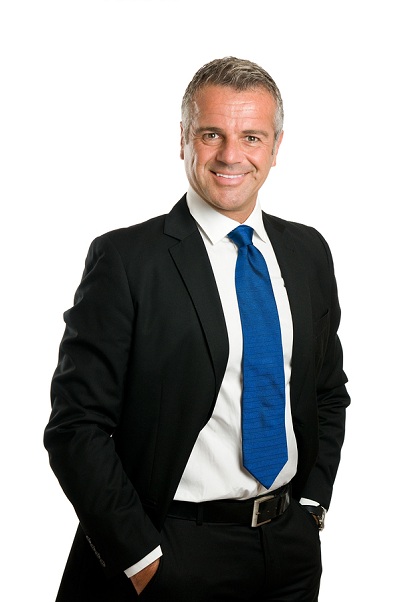
“This course has allowed me to understand who I really am” said the project engineer from Yap. “This course has taught me how to fish rather than giving me a fish”, said the shy young receptionist in a moving speech she could not have delivered five days ago. “I rang my daughter and told her it was OK to follow her dream and she did not have to go to university no matter what”, said the experienced engineering manager. “I had not realised that what I had missed was my support network”, said the young and dynamic CEO working thousands of kilometres away from home.
What did all these people and another eighty or so people have in common?
They had learned the joy of leading their own lives. They had learned that we are not victims of circumstance, but the result of our collective decisions. They had learned that without a goal, without a purpose, it is easy for us all to make poor decisions as we have no criteria by which to judge what is a good decision.
That they had learned this whilst attending a workshop titled “iLead” which we ran over four separate weeks with every member of the company from brand new employees to the chairman, is immaterial. This article is not written as an advertorial of what we do. It is written out of a need, by me, to capture the remarkableness of the human spirit and the simple premise which tapped in to it, to benefit each and every one of those attending.
The programme itself was built on the goal of having every person in the company realise that they could benefit themselves, their family, their community and their nation through their leadership. The company involved was approximately 20% of the GDP of the nation, so the last line was a realistic ambition.
The premise which allowed each person to make their own transformation in the way they saw their life and lead their life is that life without a purpose is a life spent meandering from issue to issue making decisions without a basis of desired consequence. Alternatively, life with a purpose guides us in our decision making to make more “good” decisions than “bad” by having a measure to differentiate “good” and “bad” decisions.
For instance, if our current purpose in life is to ensure our kids have a good education and to own a nice house and we do not have the current financial means to ensure this, we are likely to make decisions which allow us to increase the probability of a job with higher pay. If we are given the opportunity to undertake training or accept more responsibility, we are more likely to do so as a result of having that purpose than if we had no purpose at all.
Purpose is different from want. When we want something but are not energised to make it our core reason for being at this time, we wish for it rather than take action. When we think deeply and determine that it is our purpose, we tend to take action. We also see opportunities that come our way as opportunities rather than problems. With a purpose to educate our children and buy a new house, the decision to move city to take on a higher paid job is much easier.
Purpose cannot be provided from external motivation, it must come from within. Purpose changes over time as our circumstances change, as we experience more and as our personality matures. Purpose can become bolder as we realise that having purpose, which gives us direction, is a powerful enabler. Purpose must be singular. We cannot have more than one purpose at any one time and hope to achieve the goals that sit underneath it. If we have more than one purpose then we are creating two sets of criteria for our decision making. We will therefore naturally make decisions which favour each purpose from time to time, creating a zigzag pattern of decisions and wasting time and emotional energy in so doing.
If purpose is so important, how do we go about creating our own purpose? Creating purpose starts with visioning something positive in your life. Something that is meaningful to you and you alone. The reason it means something to you may be related to others, but purpose does not come from obligations or what others wish for us.
Purpose is an orphan without a plan. A plan is stillborn without acknowledging barriers to success such as:
- Limited imagination; how much a person can accomplish is only limited by the vision and determination of the person. If you think that you cannot accomplish something, then you will fail. If you think that you can accomplish something, and you put in the effort, you will succeed.
- Past failures or events; often our past failures or bad events in our lives get in the way of personal growth and development. It is natural for our minds to dwell on such events, but only by moving past them can we truly grow as people.
- Lack of support; negative messages from family, friends, and co-workers only serve to bring us down, not lift us up. Surrounding yourself with people who are like-minded and striving for success in their careers and their life will help you to do the same.
- Basic lack of planning; many people go through life taking what is handed to them, without ever setting down goals and striving to exceed expectations. Setting goals, figuring out how to reach those goals and making a timeline for success is a vitally important and often ignored barrier to personal growth and development.
- Bad habits limit opportunity; our bad personal habits limit opportunities which others may give us. These habits include but are not limited to:
- Not taking keeping to time seriously
- Alcohol and drug habits which limit our capacity to work
- Overt and repeated cynicism
- Unwillingness to listen or question
- Slothfulness.
Our plan must include actions to reverse our bad habits as well as build skills to enable us to achieve our short term objectives on the way to realising our purpose.
Purpose provides context for our life decisions. Purpose provides the reason to get up every morning. Purpose allows us to understand who we are.






